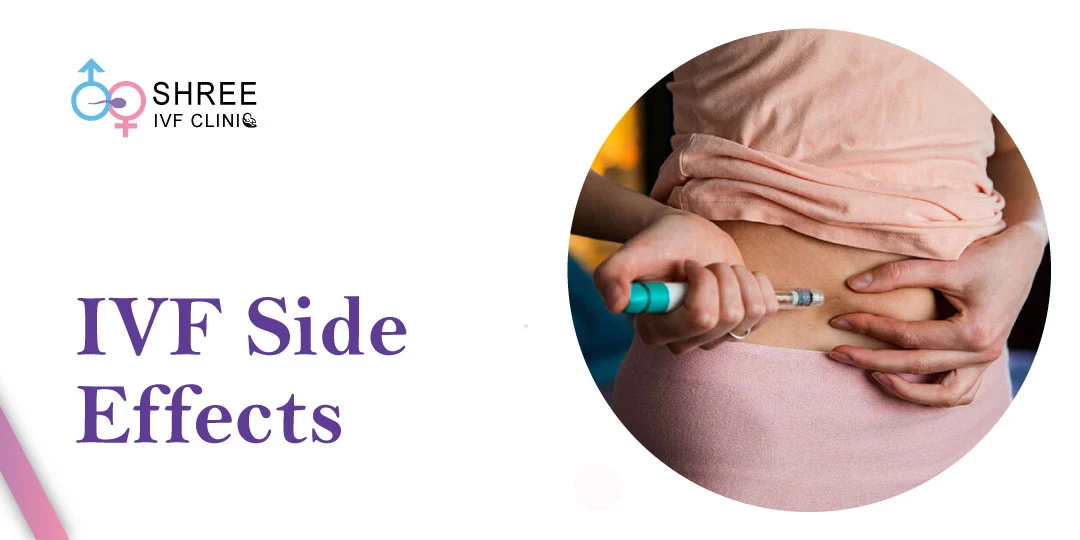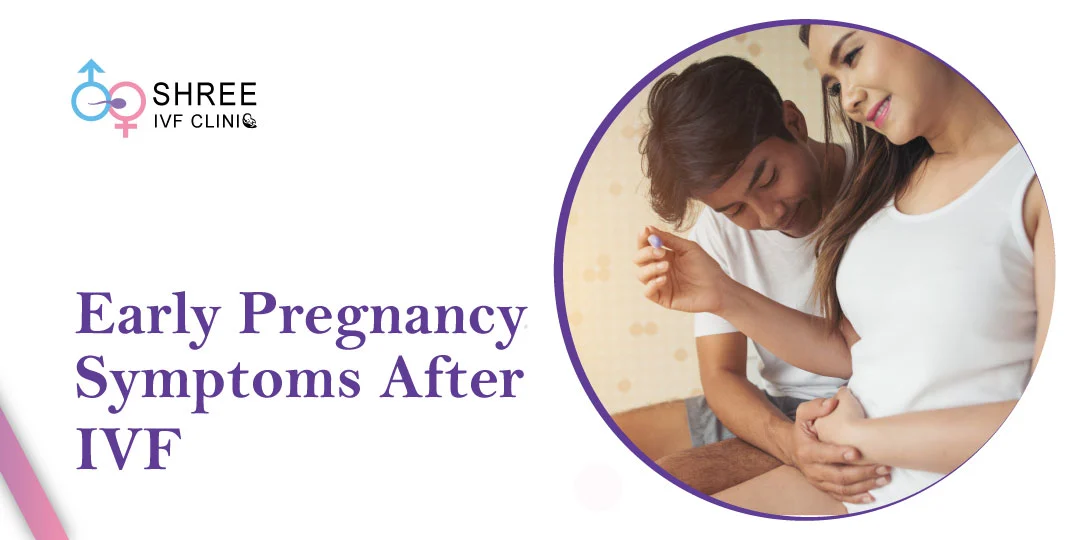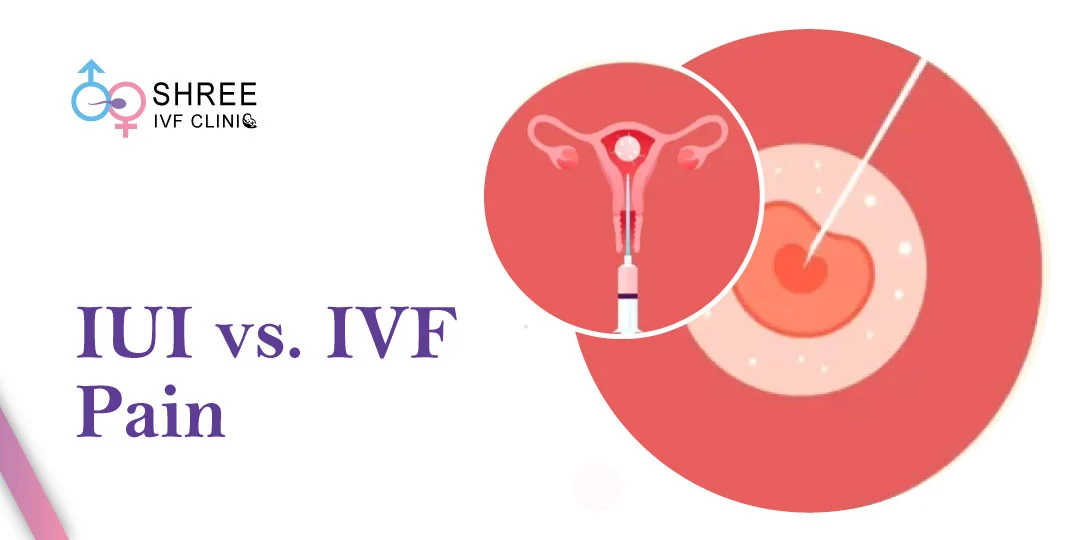What Does It Mean When Menstruation Does Not Resume After Failed IVF?
From the initial excitement and hopefulness to the disappointment and frustration of failed cycles, every step of the journey can be emotionally taxing. And while a negative pregnancy test after an embryo transfer is difficult enough, what happens when your period doesn’t arrive?
As an IVF specialist, I know this can be a confusing and concerning experience for patients. In this blog post, we will dive into some of the most common reasons why a period may not come after a failed IVF cycle so you have a better understanding of what is happening with your body and aren’t left guessing unnecessarily.

AUTHOR
Dr Jay Mehta
Scientific Director & IVF Specialist with 10+ years of experience
TREATMENT
CONDITION
Failed IVF
GET IN TOUCH ON
Hormonal Imbalances
One of the main reasons why a period may not come after a failed IVF cycle is due to hormonal imbalances. During an IVF cycle, medications are given to stimulate the ovaries and regulate hormone levels in order to produce multiple eggs for retrieval.
However, sometimes these hormones can throw off the body’s natural balance, leading to delayed or absent periods.
It is important to note that each person’s response to IVF medications can vary, and some may experience more severe hormonal imbalances than others.
If you have a history of irregular periods or other hormone-related issues, it is important to discuss this with your fertility specialist before starting an IVF cycle so they can monitor your hormone levels closely and make any necessary adjustments.
Ovarian Hyperstimulation Syndrome (OHSS)
Another potential cause of a missing period after a failed IVF is ovarian hyperstimulation syndrome (OHSS). This condition occurs when the ovaries become overly stimulated and produce too many eggs, resulting in enlarged ovaries and sometimes fluid accumulation in the abdominal cavity. OHSS can also throw off hormone levels and delay the onset of a period.
In most cases, OHSS is mild and will resolve on its own with rest and proper hydration. However, in rare cases, it can become severe and require medical intervention. If you are experiencing symptoms such as abdominal pain, bloating, or difficulty breathing after an IVF cycle, it is important to contact your fertility specialist immediately for evaluation and treatment.
Stress
Stress can also play a role in delaying or causing a missed period after a failed IVF. The emotional toll of undergoing fertility treatments can be significant, and stress can disrupt hormone levels and interfere with the body’s natural menstrual cycle.
It is important to find healthy ways to cope with the stress of trying to conceive, such as exercise, therapy, or support groups.
Timing of Menstruation After Failed IVF
Typically, after a failed IVF cycle, your period is expected to come at its usual time, or perhaps a few days later, often within two weeks of the failed procedure. The exact timing can vary based on individual factors and hormone levels. The use of supplemental progesterone, which is commonly included in IVF treatments, can sometimes delay menstruation.
If your period does not arrive within two weeks or if you are concerned about when it might start, it’s advisable to contact your fertility specialist for advice. They can provide specific insights based on your personal health history and the details of your treatment plan.
Issues Of Irregular Periods After IVF failure
After a failed IVF, irregular periods may occur due to the hormonal fluctuations caused by the fertility drugs used during the treatment. In some instances, your cycle might be shorter or longer than usual. It’s also possible to experience heavier or lighter bleeding. These irregularities are typically temporary and should regularise within a few cycles.
However, if irregularities persist, it’s imperative to consult with your fertility specialist. They may want to conduct additional tests or treatments to ensure there’s no underlying condition that could be impacting your menstrual cycle or overall fertility.
Also Read: Natural Pregnancy After Failed IVF: Hope and Considerations
” Every individual and couple’s journey is unique, and
finding the right solutions tailored to their specific
circumstances can make all the difference “
Can you have a negative IVF result but no period?
Yes, it is possible to have a negative IVF result but no period. This can occur for several reasons. Hormone imbalances caused by fertility drugs can disrupt your menstrual cycle, leading to a delayed or missed period even if the IVF cycle was not successful. Ovarian Hyperstimulation Syndrome (OHSS) can also lead to a missing period after a failed IVF.
Furthermore, the stress associated with fertility treatments can interfere with the body’s natural menstrual cycle, delaying the onset of a period. If you’re experiencing this, it’s vital to reach out to your fertility specialist to discuss your symptoms and devise a suitable plan of action.
Follow-up with Fertility Specialist
If you experience a missed period after failed IVF and are concerned about the cause, it is important to follow up with your fertility specialist. They can perform tests and evaluations to determine the underlying reason for the missed period and make any necessary adjustments for future cycles. Additionally, they can provide emotional support and guidance during this difficult time.
Seeking Support
Dealing with the disappointment of a failed IVF cycle and a missed period can be overwhelming. It is important to seek support from loved ones, as well as professionals who specialize in infertility and emotional health.
They can provide valuable resources and coping mechanisms to help you navigate through this challenging experience. Remember that you are not alone and there is support available to help you through this difficult time.
AUTHOR
Dr Jay Mehta
Scientific Director & IVF Specialist with 10+ years of experience
TREATMENT
CONDITION
Failed IVF
CALL US 24/7 FOR ANY HELP
GET IN TOUCH ON
Share Article on
Recommended Reading
What Are the Side Effects of IVF?
Know the side effects of IVF, from mild pain to hormonal changes, and get expert advice as you start your fertility journey.
After IVF Transfer Pregnancy Symptoms
Learn about early pregnancy signs after embryo transfer, including cramping, spotting or light bleeding, fatigue, breast tenderness, and nausea.
Which is More Painful: IUI or IVF?
Why is IVF generally more painful than IUI? Discover the expert pain management techniques that can help make your experience more comfortable





